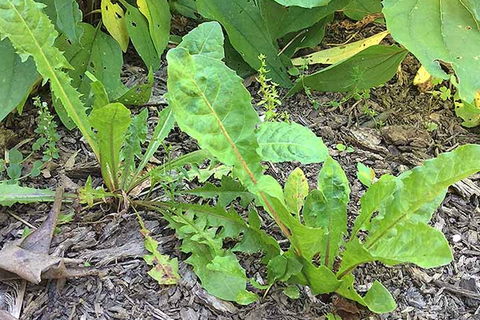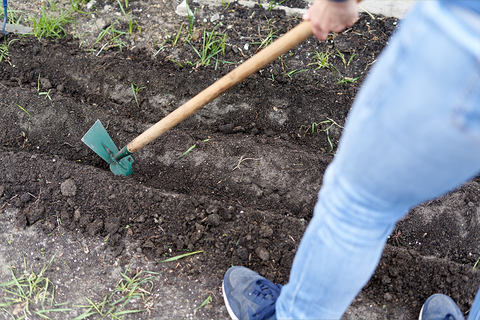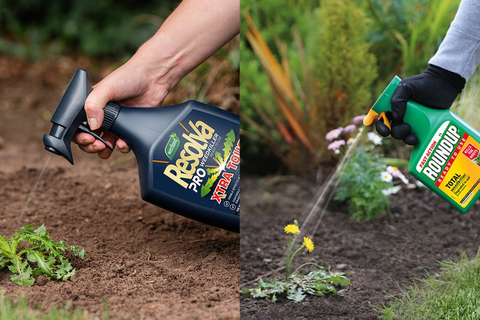Weed Control Facts: Winning the Battle Of The Weeds!
Weeds can be a significant problem in maintaining healthy plants in your garden, nursery crops, and flower beds. An effective strategy is necessary to win the battle against these pesky plants. The first step is to understand how weeds function and the particular weeds you are dealing with. Weeds reproduce either from their roots or seeds. Weeds that reproduce from roots can be more challenging to control as they spread rapidly. For successful weed management, it's crucial to comprehend some facts about weed control.
Weeds are plants and require food, nutrients, and access to water to survive, much like the lovely flowers in your garden. However, sunlight is the most crucial survival requirement for plants. Mulching is an effective way to block the sunshine, but you need to prepare your garden before mulching. It is vital to ensure that your garden is as weed-free as possible before you start planting or mulching to get the best results. You can approach weed management using either organic or chemical methods. While organic weed control is preferred, you can use chemicals to control weeds and pests when necessary.

Organic Weed Control:
To use organic weed control, start by removing all undesirable vegetation from your planting area as soon as possible. Use a hoe, spade, or other digging tools to undercut the roots and remove the unwanted plants, roots and all. Then work the soil by hand or roto-till and let it rest for four days before working it again. Repeat the process as much as you can. This procedure upsets the weed seeds that have started to develop and moves the roots left in the soil close to the surface to dry them in the sun - this destroys the weeds.

After completing the above steps, you can start planting your garden. Once done, mulching or rotating the soil every week to prevent weed growth is an excellent idea. Mulching is the most popular choice for weed control, and you can use natural mulch to enrich the soil with organic matter for future gardening success. Spread newspaper (7-9 layers thick) on the soil before mulching, and then add mulch on top. The newspaper prevents sunlight from penetrating the soil surface and limits weed growth. The garden's composition won't be permanently changed by the newspaper's inevitable decomposition. Avoid using weed barrier cloth found in garden centers or black plastic as they negatively affect the soil's health and texture, besides not fitting in with an organic approach.
Chemical Weed Control:
Chemical weed control is manageable and highly effective when done correctly. Post-emergent and pre-emergent chemical weed treatments are both available. A post-emergent herbicide eliminates weeds that are already growing, while a pre-emergent stops the germination of weed seeds. Both selective and non-selective herbicides are post-emergent herbicides. Selective herbicides eliminate broadleaf weeds in lawns without harming the grass. On the other hand, non-selective herbicides, such as Round-up®, destroy any plant it comes into contact with. However, it's crucial to read the warning labels and abide by the safety instructions when using chemicals.
We have a magnitude of weed cotrol products available to purchase here on our website - from brands such as Round-up®, Resolva, Vitax and many more.

In conclusion, an effective weed management strategy requires understanding the weeds you're dealing with, preparing your garden adequately, and selecting the right control method. While organic weed control is preferred, you can use chemicals when necessary. By following the above guidelines, you can enjoy a weed-free garden and ensure the healthy growth of your plants.